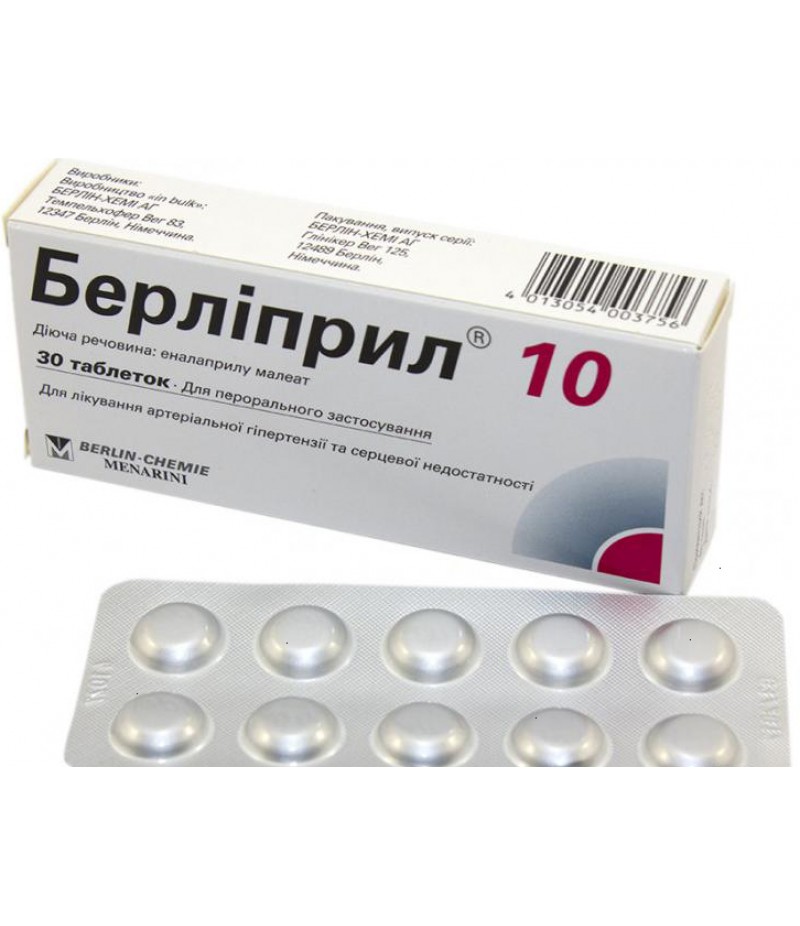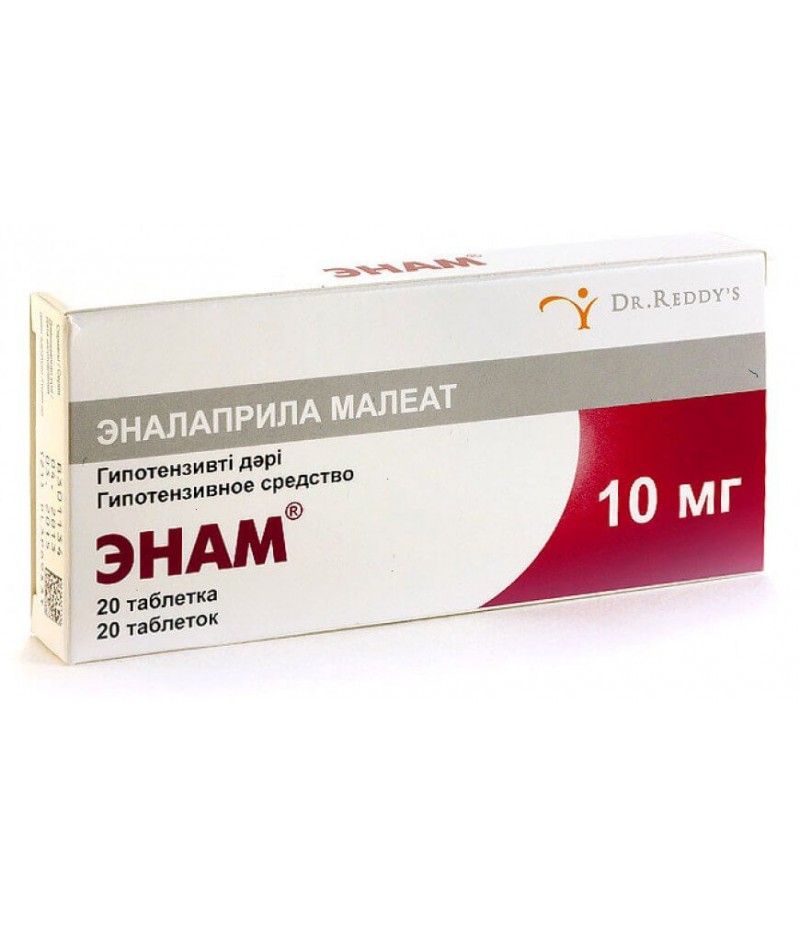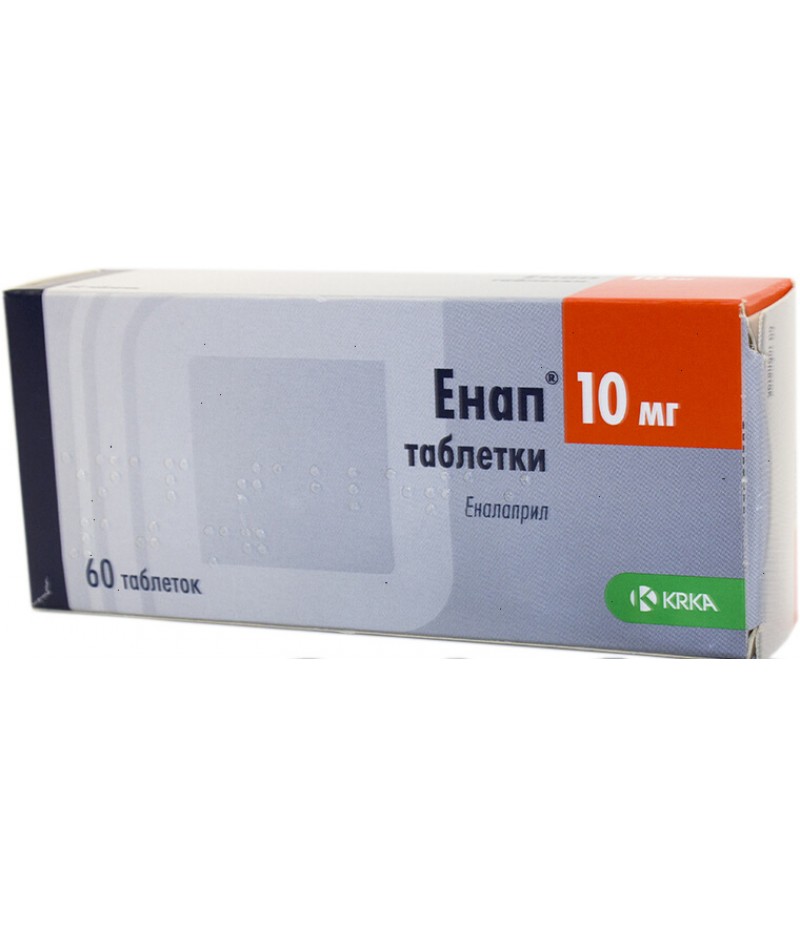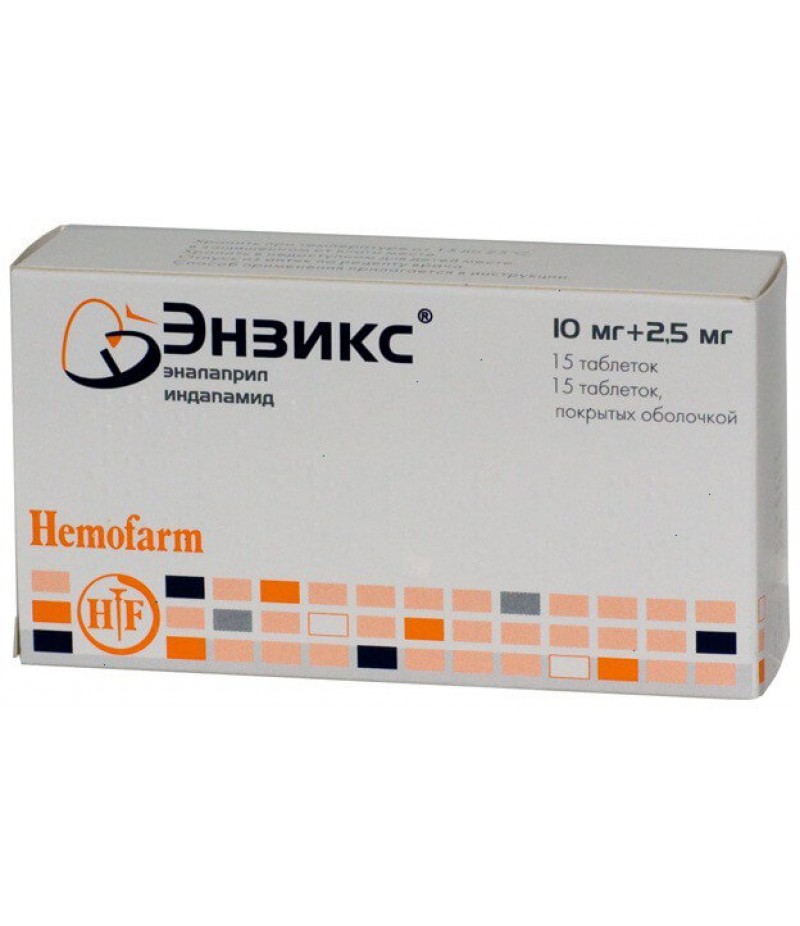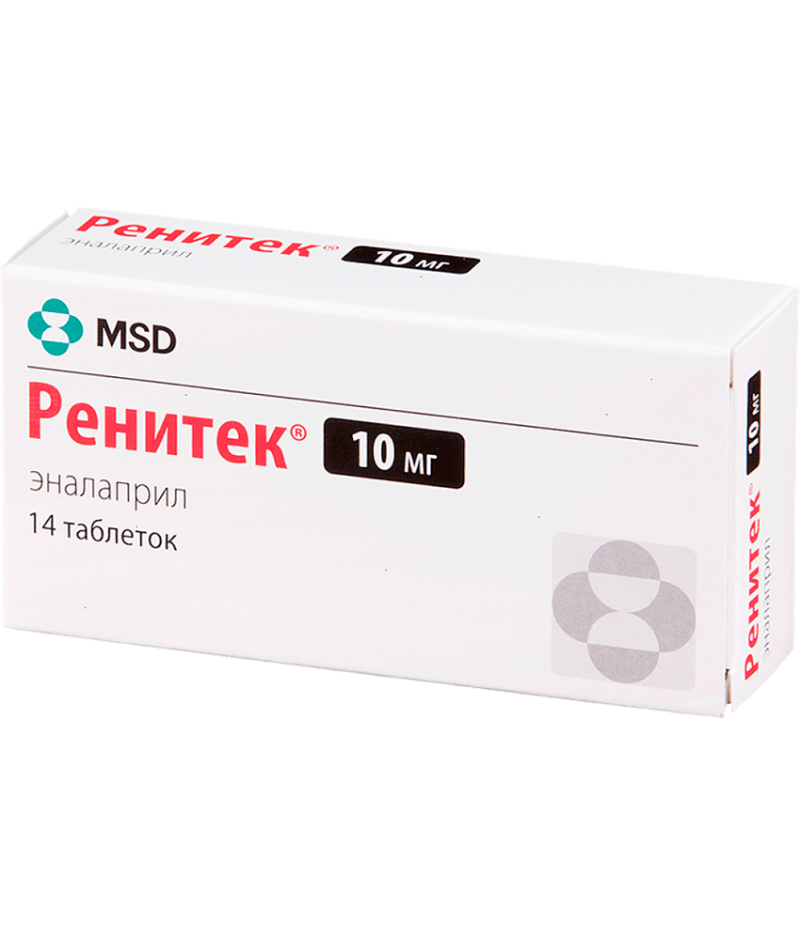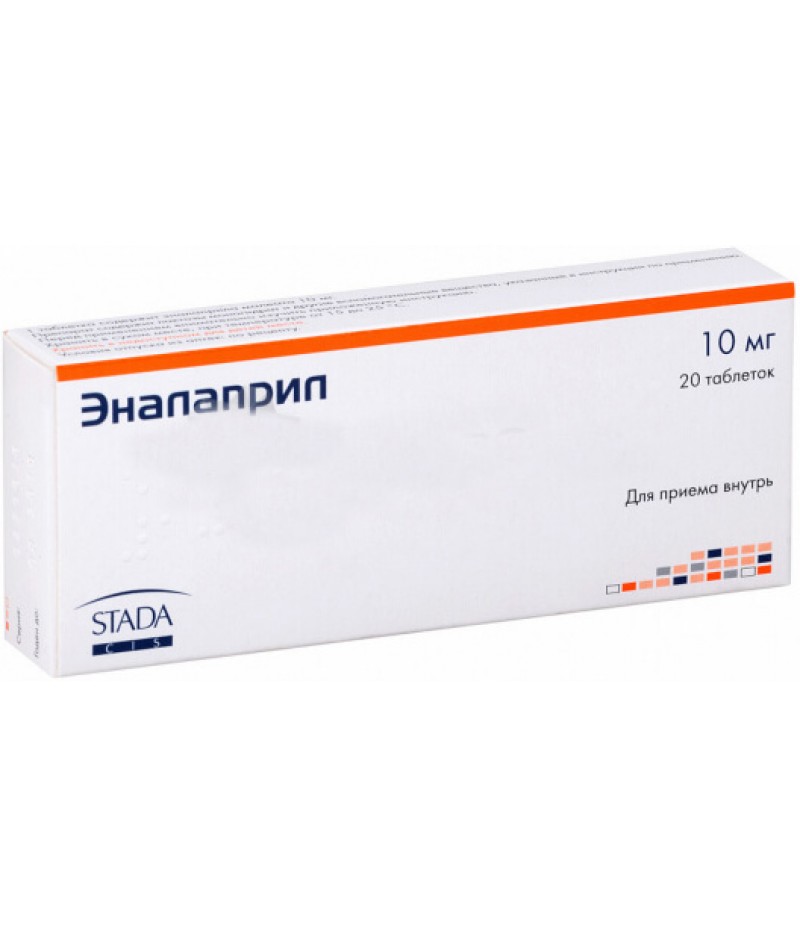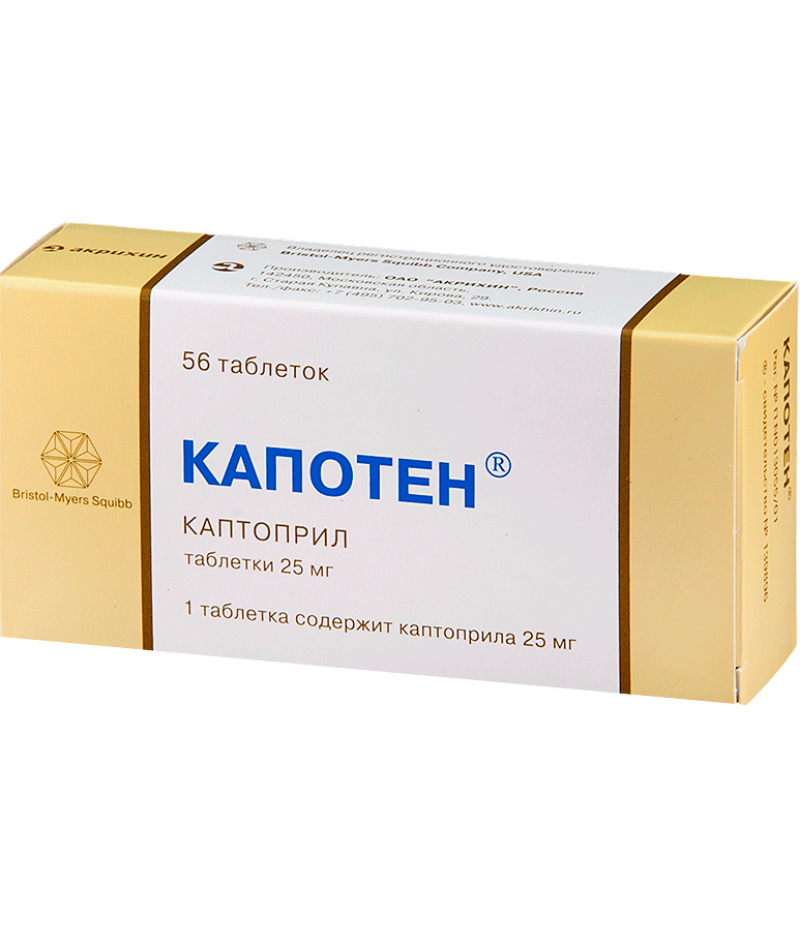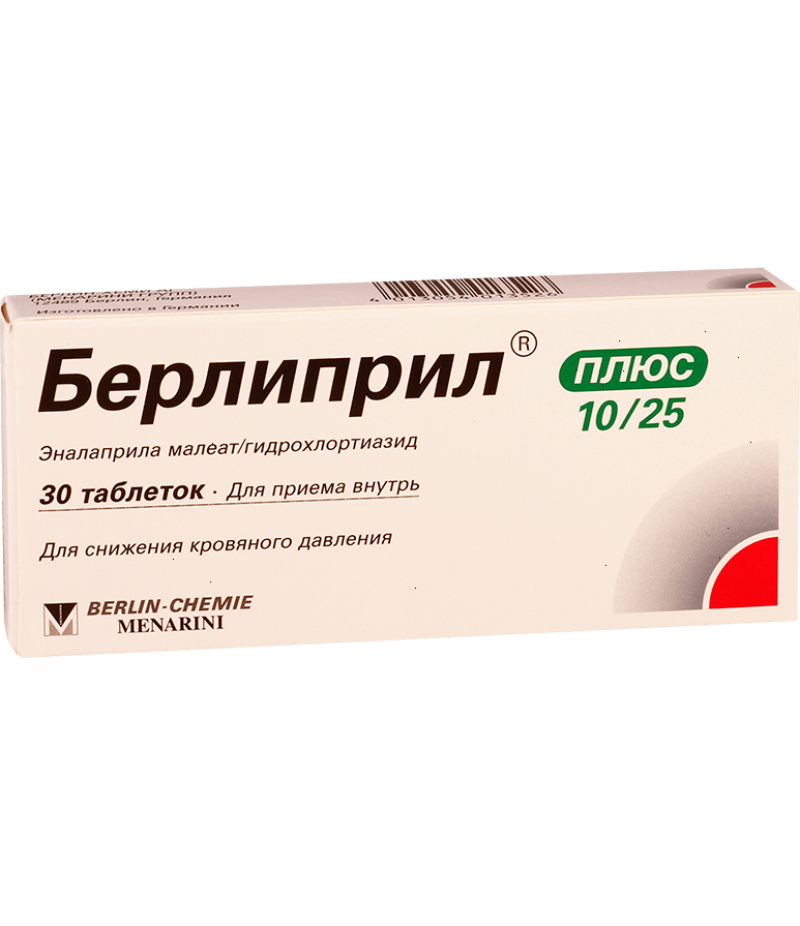Berlipril 10 10mg #30
- $5.99
- 3 or more $5.80
- 5 or more $5.69
- Availability:In Stock
You can buy Berlipril on this pageBerlipril 10 instruction for useBerlipril - an antihypertensive drug group of angiotensin converting enzyme (ACE) inhibitors. It is used to treat high blood pressure and heart failure.Form of issu..
Tags: tabs
You can buy Berlipril on this page
Berlipril 10 instruction for use
Berlipril - an antihypertensive drug group of angiotensin converting enzyme (ACE) inhibitors. It is used to treat high blood pressure and heart failure.
Form of issue and composition
Berlipril is available in tablets, in dosages of 5 mg, 10 mg and 20 mg. In packages of 20, 30, 50 and 100 tablets (10 pieces per blister).
The main active ingredient is enalapril maleate.
Auxiliary components: lactose monohydrate, magnesium carbonate, magnesium stearate, gelatin, sodium carboxymethyl starch, pigments.
pharmachologic effect
Pharmacodynamics. Enalapril, an active substance of Berlipril, belongs to the group of angiotensin-converting enzyme inhibitors. The substance inhibits the production of angiotensin II from angiotensin I, as a result of which the production of aldosterone is reduced. This reduces the overall peripheral vascular resistance, blood pressure, load on the heart muscle.
Under the action of the drug, the blood vessels expand (arteries are larger than the veins), and the heart rate does not increase. The hypotensive effect of the drug is accompanied by an increase in coronary and renal blood flow, but does not affect cerebral circulation.
Enalapril also has mild diuretic properties.
Long-term use of Berlipril helps to reduce myocardial hypertrophy of the left ventricle, prevents heart failure and inhibits the development of dilatation of the left ventricle. Improves blood flow to the myocardium in ischemic disease. A significant therapeutic effect of the drug in heart failure is observed after a long therapeutic course (6 months or more).
Pharmacokinetics.
When taking the tablets, up to 60% of enalapril is absorbed. Absorption rates are not affected by meal time. Enalapril is split in the liver into an active metabolite - enalaprilate (it inhibits ACE) and inactive chemical compounds. With blood plasma proteins bind up to 60% of the active substance. The hypotensive effect develops 60 minutes after taking the tablets, the maximum therapeutic effect is observed after 4-6 hours, stored for 24 hours.
After 60 minutes after ingestion, the maximum enalapril concentration in the blood is reached. After 3-4 hours, the maximum plasma concentration of enalaprilat is noted. The half-life of enalaprilate is 11 hours. 60% of the drug is excreted by the kidneys, 33% - through the intestine. In this case, some of the enalapril is excreted unchanged. Enalaprilat does not penetrate the blood-brain barrier, it penetrates small amounts through the placental barrier and into breast milk.
Indications for use
Berlipril is prescribed:
patients with arterial hypertension, including the renovascular form;
patients with chronic heart failure (in combination with other drugs);
patients with asymptomatic dysfunction of the left ventricle to prevent the development of severe heart failure (in complex therapy).
Contraindications
Contraindications to the use of Berlipril are:
increased sensitivity to enalapril or one of the auxiliary components of the drug, other ACE inhibitors;
angioedema (idiopathic, hereditary, caused by the intake of ACE inhibitors;
lactose intolerance, lactase deficiency, glucose-galactose malabsorption;
pregnancy and breastfeeding;
age younger than 18 years.
Method of application and dosage
Tablets are taken orally, regardless of the time of ingestion. The exact dosage of the drug is determined by the doctor for each patient individually, taking into account the type and severity of the pathology, the patient's condition.
Arterial hypertension
The initial daily dose of Berlipril is from 5 mg to 20 mg. With mild hypertension, usually 5-10 mg of enalapril is prescribed. In severe forms - 20 mg. The maintenance dosage is also 20 mg. The maximum permissible daily dose is 40 mg (once or twice a day).
Renovascular hypertension
The initial daily dosage of Berlipril should not exceed 2.5-5 mg. Gradually, the optimal dosage for the patient is selected, depending on the response of the body to treatment. Most often, the maintenance dose is 20 mg per day. The maximum allowable daily dose is 20 mg.
Patients taking diuretics, it is necessary to cancel diuretics 2-3 days before taking Berlipril. If this is not possible, the initial dose of Berlipril should not exceed 2.5 mg. The same initial dosage is recommended for patients with a low serum sodium concentration (below 130 mmol / L) or a high concentration of creatinine (above 0.14 mmol / L).
Chronic heart failure and asymptomatic left ventricular dysfunction
The recommended initial dosage for Berlipril is 2.5 mg per day. This requires strict control of blood pressure. If the drug does not cause hypotension, the dose gradually increases to 20 mg per day (once or twice). Selection of the optimal dosage is carried out for 2-4 weeks. With a marked decrease in blood pressure, the dose is gradually reduced. Duration of treatment is set individually.
Side effects
In some cases, the use of Berlipril can cause the development of undesirable side effects from various organs and body systems.
From the cardiovascular system:
a strong drop in blood pressure;
heart rhythm disorder;
pain in the chest;
tachycardia;
angina pectoris;
a feeling of palpitations; Raynaud's syndrome;
cerebral stroke;
myocardial infarction.
From the hematopoietic system:
anemia (including hemolytic, plastic);
neutropenia;
lowering of hemoglobin and hematocrit;
agranulocytosis;
thrombocytopenia;
suppression of bone marrow function;
enlarged lymph nodes;
autoimmune pathologies.
From the respiratory system:
cough;
dyspnea;
rhinorrhea;
hoarse voice and sore throat;
bronchospasm;
rhinitis;
allergic alveolitis;
eosinophilic pneumonia.
From the nervous system:
headache;
dizziness;
depression;
increased nervous excitability;
confusion of consciousness;
sleep disorder - drowsiness or insomnia;
paresthesia.
On the part of the digestive system:
nausea and vomiting;
abdominal pain and diarrhea;
constipation;
change in taste;
dryness of the oral mucosa;
deterioration of appetite;
dyspeptic phenomena (flatulence, heartburn);
pancreatitis;
peptic ulcer;
intestinal obstruction;
glossitis;
stomatitis;
angioedema of the intestine.
From the hepatobiliary system:
liver failure;
Cholestatic or hepatocellular hepatitis (including hepatic necrosis);
cholestasis (including jaundice).
From the side of the skin:
itching and rash;
hypersensitivity reaction;
hives;
angioedema;
alopecia;
increased sweating;
erythema multiforme;
exfoliative dermatitis;
pemphigus;
erythroderma;
toxic epidermal necrolysis.
From the excretory system:
impaired renal function;
proteinuria;
oliguria;
renal insufficiency.
From other organs and systems:
hypoglycemia;
violation of accommodation (the ability to clearly distinguish objects at different distances);
gynecomastia;
decreased potency;
fatigue;
muscle cramps;
noise in ears;
fever.
In case of an overdose, there is a strong decrease in blood pressure (up to collapse, infarction, acute disturbance of cerebral circulation), stupor, convulsions. With mild intoxication, gastric lavage is performed, the saline solution is applied inside. In cases of severe poisoning, the drug for stabilizing blood pressure is intravenously injected with saline and plasma substitutes, if necessary, with angiotensin II. Hemodialysis is performed.
special instructions
When appointing and using Berlipril, it is important to consider:
the drug can be used alone or in combination with other antihypertensive drugs;
in older people, enalapril is slowly excreted from the body, so the initial dosage of Berlipril for this category of patients should be 1.25 mg;
in chronic renal failure, the maximum daily dosage should not exceed 10 mg;
during treatment, periodic monitoring of blood pressure and blood composition (potassium, hemoglobin, creatinine, urea), protein content in the urine should be performed;
patients with severe chronic heart failure, cerebral vascular pathologies and coronary heart disease during treatment should be under medical supervision (a sharp decrease in pressure can cause a violation of kidney function, stroke, heart attack);
patients taking diuretics on a salt-free diet, during hemodialysis, diarrhea, vomiting, the drug is administered with caution (taking Berlipril even in minimal initial doses can cause a sharp and severe decrease in blood pressure in these categories of patients);
during the treatment you can not drink alcohol (increases the hypotensive effect);
before any surgical (including dental) intervention the doctor should be warned by the patient about the use of Berlipril;
a sudden discontinuation of taking Berlipril does not cause withdrawal (a sharp decrease in blood pressure);
people whose activities require concentration of attention and speed of reactions, including the manager of transport or other mechanisms, use the drug with caution;
use of Berlipril during pregnancy is prohibited (taking ACE inhibitors in the II and III trimesters can lead to illness or death of the fetus or newborn);
If you need to use Berlipril during lactation, breastfeeding should be discontinued.
Terms and conditions of storage
The drug is stored in a place protected from sunlight, inaccessible to children, at a temperature below 25 ° C. Shelf life - 3 years. Do not take the pill after the expiry date indicated on the package.

